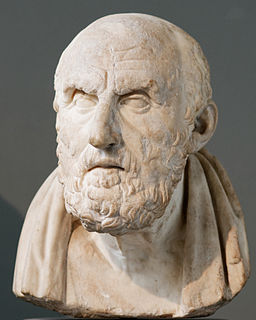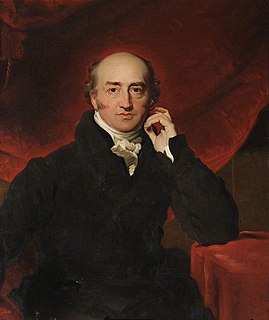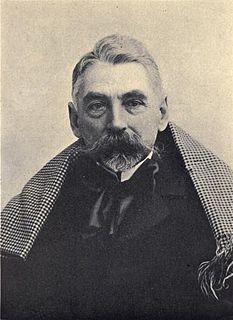A Quote by Edmund Burke
I know of nothing sublime which is not some modification of power.
Related Quotes
Yes, I know, we are merely empty forms of matter, but we are indeed sublime in having invented God and our soul. So sublime, my friend, that I want to gaze upon matter, fully conscious that it exists, and yet launching itself madly into Dream, despite its knowledge that Dream has no existence, extolling the Soul and all the divine impressions of that kind which have collected within us from the beginning of time and proclaiming, in the face of the Void which is truth, these glorious lies!
...for the question is of will, and not, as the insanity of logic has assumed of power. It is not that the Deity cannot modify his laws, but that we insult him in imagining a possible necessity for modification. In their origin these laws were fashioned to embrace all contingencies which could lie in the future. With God all is Now.
In the world it is called Tolerance, but in hell it is called Despair...the sin that believes in nothing, cares for nothing, seeks to know nothing, interferes with nothing, enjoys nothing, hates nothing, finds purpose in nothing, lives for nothing, and remains alive because there is nothing for which it will die.
Spend your time in nothing which you know must be repented of; in nothing on which you might not pray for the blessing of God; in nothing which you could not review with a quiet conscience on your dying bed; in nothing which you might not safely and properly be found doing if death should surprise you in the act.
Do you not think that there are things which you cannot understand, and yet which are; that some people see things that others cannot? But there are things old and new which must not be contemplate by men´s eyes, because they know -or think they know- some things which other men have told them. Ah, it is the fault of our science that it wants to explain all; and if it explain not, then it says there is nothing to explain.
A person is wise who does not only know what is right and wrong, but also he knows very well his own power not to do something wrong. He just does not do it. Wisdom is a complete power within ourselves by which we try nothing. It just spontaneously works through us and we do things which are proper and right.
Although we know nothing of what an atom is, yet we cannot resist forming some idea of a small particle, which represents it to the mind ... there is an immensity of facts which justify us in believing that the atoms of matter are in some way endowed or associated with electrical powers, to which they owe their most striking qualities, and amongst them their mutual chemical affinity.










































